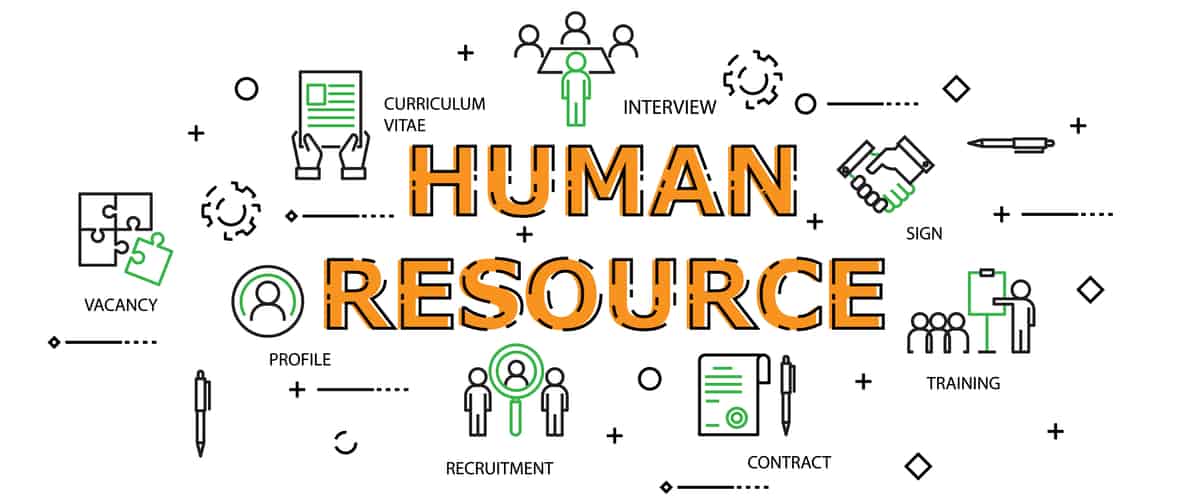
Types of Interviews followed by Industry Experts
Interviewing
Most companies follow a standard process for interviewing and hiring. Even independent recruitment teams use their preferred selection process or that of the company they’re working for to find potential candidates. Sometimes the interview process is a mix of proven techniques to pick the best candidates, but almost all companies use standard interview procedures.
That can sound a little cold and intimidate, but here’s the good news. If you know these interviewing methods, you can prepare for the interview easily.
Types of Interviews
Feeling nervous and even frightened before and during an interview is common for anyone whether you’re at the entry-level or applying for a senior-level job. One way to replace anxiety with confidence is knowing what to expect.
Here are the types of Interviews followed by many companies whether it’s the only interview you’ll have or one of several.
Pre-structured Interview
In-formal Interview
Problem-Solving Interview
STAR Interview
Peer Interview
1. pre -Structured Interview
This is a common type of interview that’s typically led by the person you’ll report to if hired, and it might be your only interview.
The interviewer introduces herself (and any other company personnel) to the candidate and will explain company processes, services, products, and so on in general terms. He or she might also describe roles and responsibilities, and then it’s question time.
“Tell me a little about yourself” is common. They might ask questions about your goals and why you’re interested in your field or the company, and questions about your education or previous work experience may come up. Further, they might ask you to elaborate on the information in your cover letter and resume.
Some questions might not be so straightforward or structured and some, in fact, could be borrowed from other types of interviews.
2. Group Interview
A group interview can be casual or formal and include a short presentation or even a video about the company. Interviewers might invite the group to ask questions as in a classroom, and they may ask questions of each candidate individually, as well.
They might even assign tasks for the entire group, several small groups, or individuals.
Group interviews serve several purposes: pre-screen candidates, let candidates decide whether they want to continue the interview process, and observe how candidates interact with one another.
Depending on the job requirements, they’re looking for leaders, followers, and even problem-solvers. Studying the company and the position requirements are essential to ace this interview—or decide it’s not for you.
3. Problem-solving Interview
For this type of interview (or a question), a recruiter or hiring manager evaluates a candidate’s analytical and communication skills. They’ll ask you to solve a real or imaginary problem, and the questions might seem bizarre or like they have nothing to do with the job.
Here’s a popular question: How many ping pong balls fit in a plane?
In the interview, don’t act shocked or surprised by a question like this. Instead, expect it and be confident. Whether you know the mathematical formula or not, your approach to the question is what they’re looking for. So be sure to think out loud as you go through steps or describe the information needed to figure it out.
4. Start Interview
This is a common interview process that brings out past challenges from your education, work, or other experiences. It’s also called a behavioral interview because it evaluates how you’ve behaved in the past which can determine future behavior in the job you’re applying for.
STAR stands for Situation, Task, Action, Result.
The interviewer will ask a question like this one: “Tell me about a time when you had to finish something on a tight deadline. What was the situation and how did you handle it?”
Another one is “Have you ever gone above and beyond the call of duty? If so, how?”
Your job is to tell a brief story about the Situation, the Task you had, the Action you took, and the Result you achieved. How you wrote a 20-page final paper the night before it was due—and aced it—is a common response. But try to think of something related to the job you’re applying for, especially one that involves others.
Prepare by listing the job requirements and matching your own skills and experiences to them. Think about all the experiences you’ve had and describe them briefly in terms of STAR so you’re ready to answer behavioral questions like these.
5. Peer Interview
Peer interviews usually take place at senior job levels, but they’re used for entry-level jobs as well, and they usually take place as the last interview of several.
Typically, two or three potential coworkers ask questions either individually or as a group. They’ll probably ask pre-planned questions, and you might feel like it’s an opportunity to relax or that’s it’s not too important. But it’s not party time, so be on guard and don’t let your professionalism slip.
Peer interviews evaluate you as a potential team member and can determine whether you’re a good fit. Companies use them because candidates are likely to be more relaxed and reveal more about themselves than they would otherwise.
Take advantage of a peer interview to learn more about the job, and don’t be afraid to ask questions about job satisfaction, whether your potential co-workers like their jobs or what kind of job challenges exist. Above all, present yourself as a team member and someone who will pull their weight, not a competitor.
Note: In the U.S. and other countries, personal questions about your age, religion, race, marital status, pregnancy or children, sexual orientation, or gender are illegal or not advised since hiring cannot be based on responses. If asked, simply smile and say you’re certain your personal information doesn’t impact your professional capabilities. Whether the interviewer persists or not, consider if this is the right job for you.
Is this article helpful? Share with your friends! GradSiren is one of the best job search sites for entry-level jobs and internships. Want to get personalized job updates to start your career? Click here.
The information on this site is provided as a courtesy. GradSiren is not a career or legal advisor and does not guarantee job interviews or offers.
Get expert career advice and insights delivered straight to your inbox.

Must Reads SEE ALL ARTICLES

Get Self-confidence for Job Interviews Now!

Best Tips for Face to Face Job Interview

A Step by Step Guide to Ace your Video Interview

What things do turn-out me as HR Manager?

Tips to Improve Interview Skills






